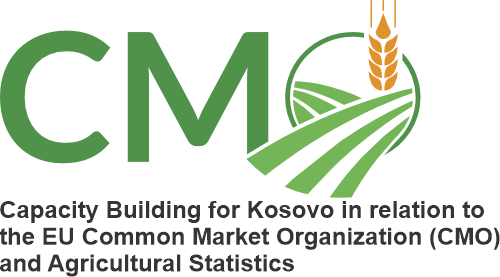
The EU established school scheme to help children follow a healthy diet and lifestyle. Unhealthy diets, together with low physical activity, result in obesity. Before 2017 there were 2 different schemes – for fruit and vegetables and for milk. Since 1 august 2017 the EU school fruit, vegetables and milk scheme combines two previous schemes (the school fruit and vegetables scheme and the school milk scheme). The scheme supports the distribution of fruit, vegetables, milk, and certain milk products to schoolchildren. Age limit for children is from 6 to 10 years, but EU Member States can enlarge the age scale from nursery to secondary school (3 -18 years). Priority is given to fresh fruits and vegetables and for plain milk The amount of fresh fruit, vegetables and milk consumed in the European Union is below the level of international or national recommendations in the field of nutrition. The consequence of unhealthy eating combined with low physical activity is obesity. The EU therefore adopts measures that encourage children to eat healthy and lead a healthy lifestyle.
There is a possibility to supply fruits and vegetables juices and puree as well. By applying the school scheme there is benefit for the producers also, as they have secure supply of the products on regular basis.
Products with any of the following:
- added sugar, added fat, added salt, or added sweeteners
- are not allowed within the school scheme.
The EU School Scheme is currently being reviewed as part of the Farm to Fork Strategy with the goal of creating a favourable food environment that makes it easier to choose a healthy and sustainable diet.
All EU member states are involved in the school scheme, some apply only for the part of milk. Currently the total EU budget for this program is €220.7 million per school year, of which a maximum of €130.6 million is allocated to fruit and vegetables and €90.1 million to milk.

